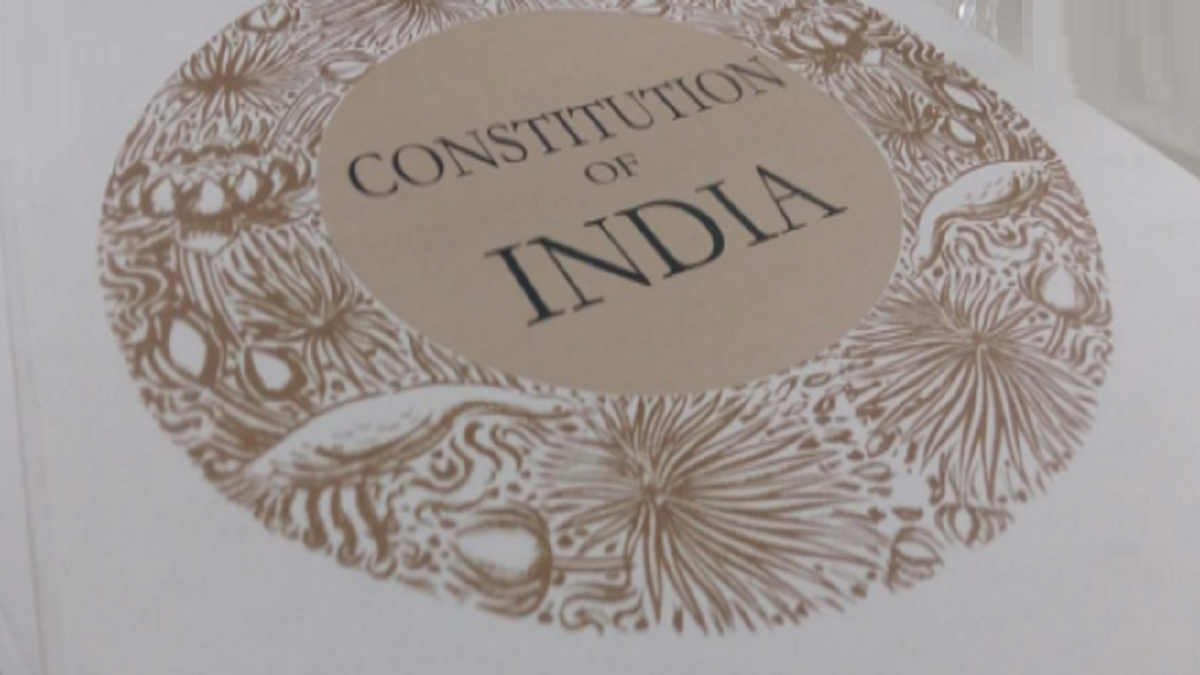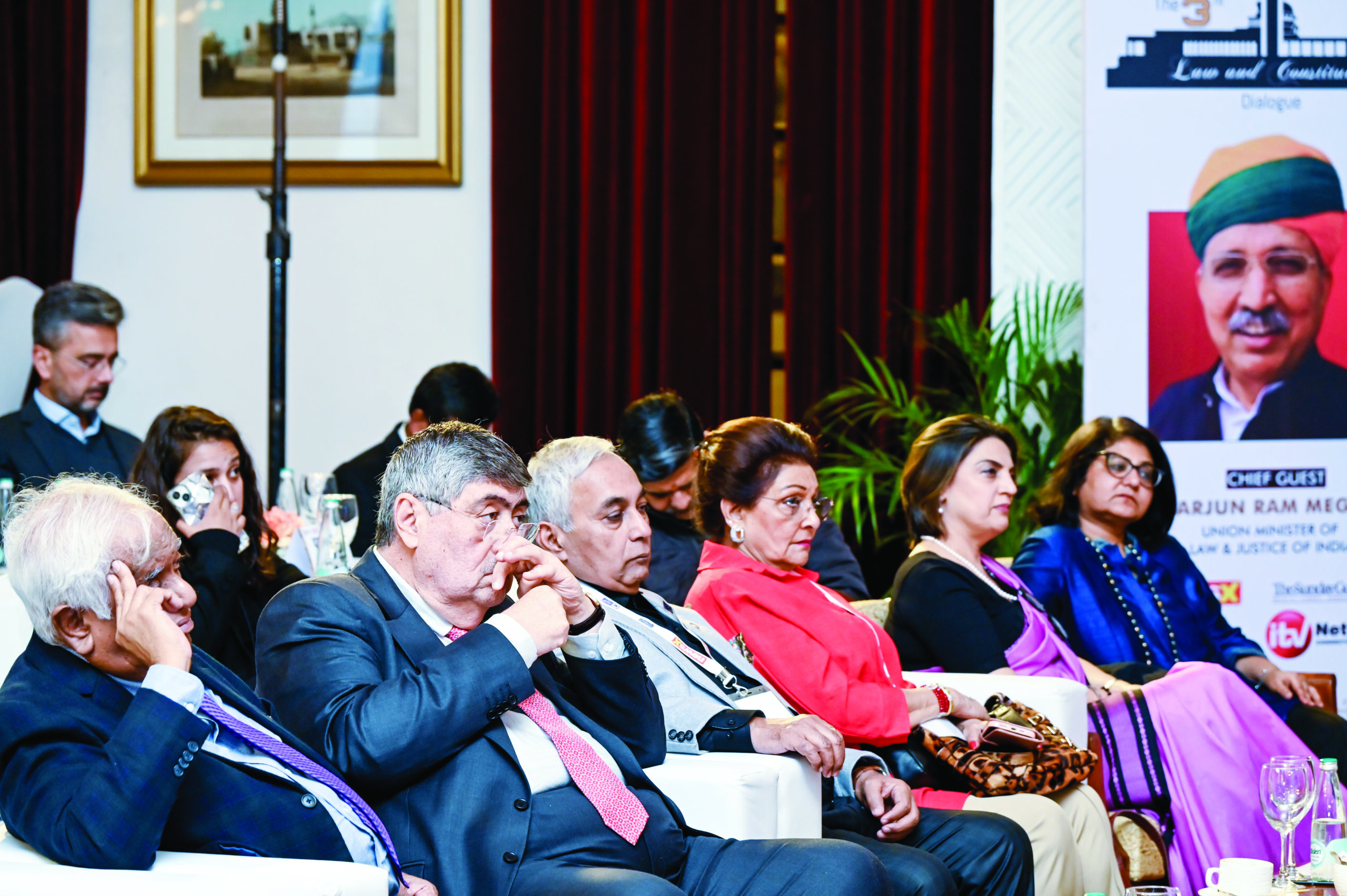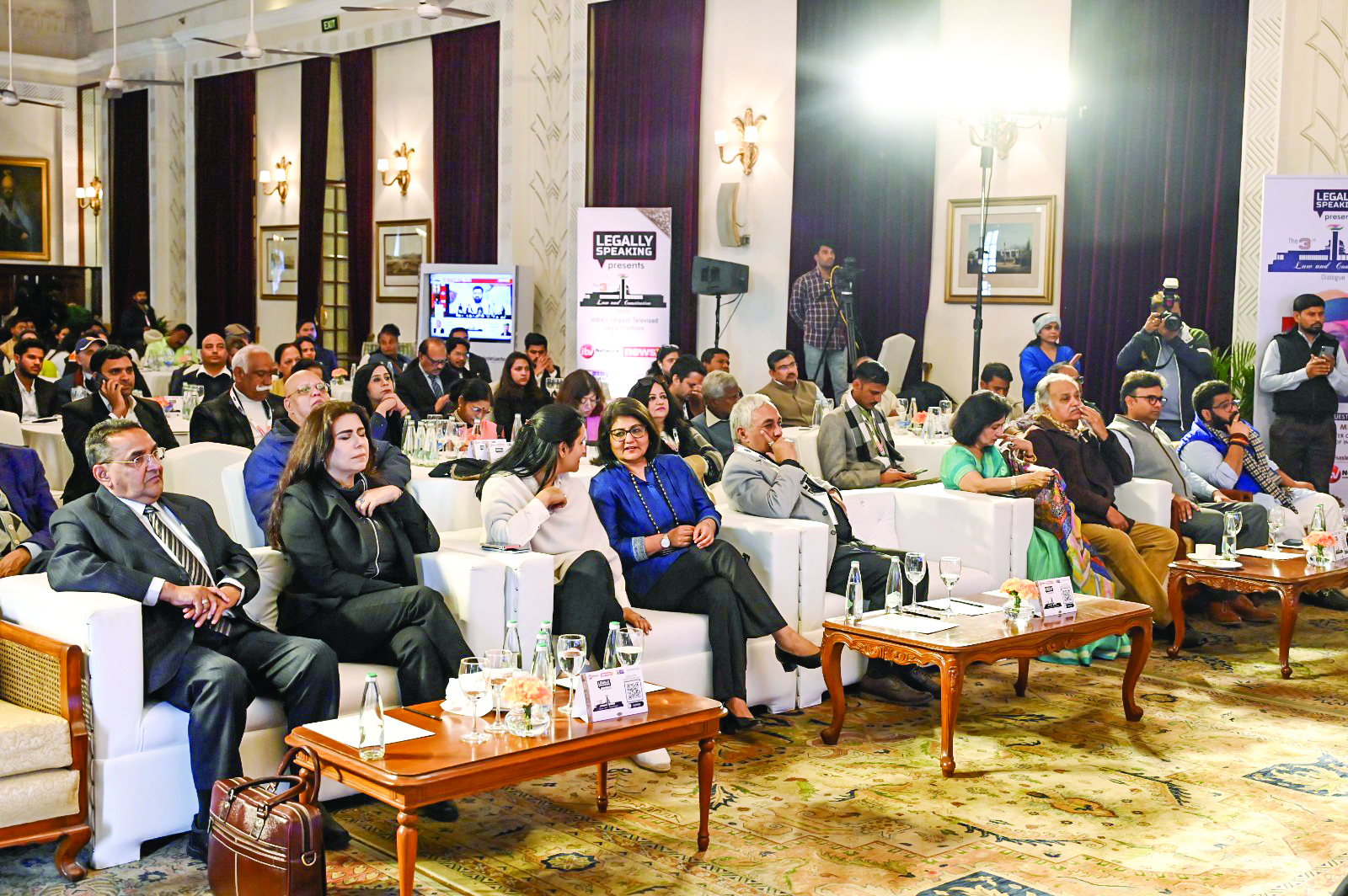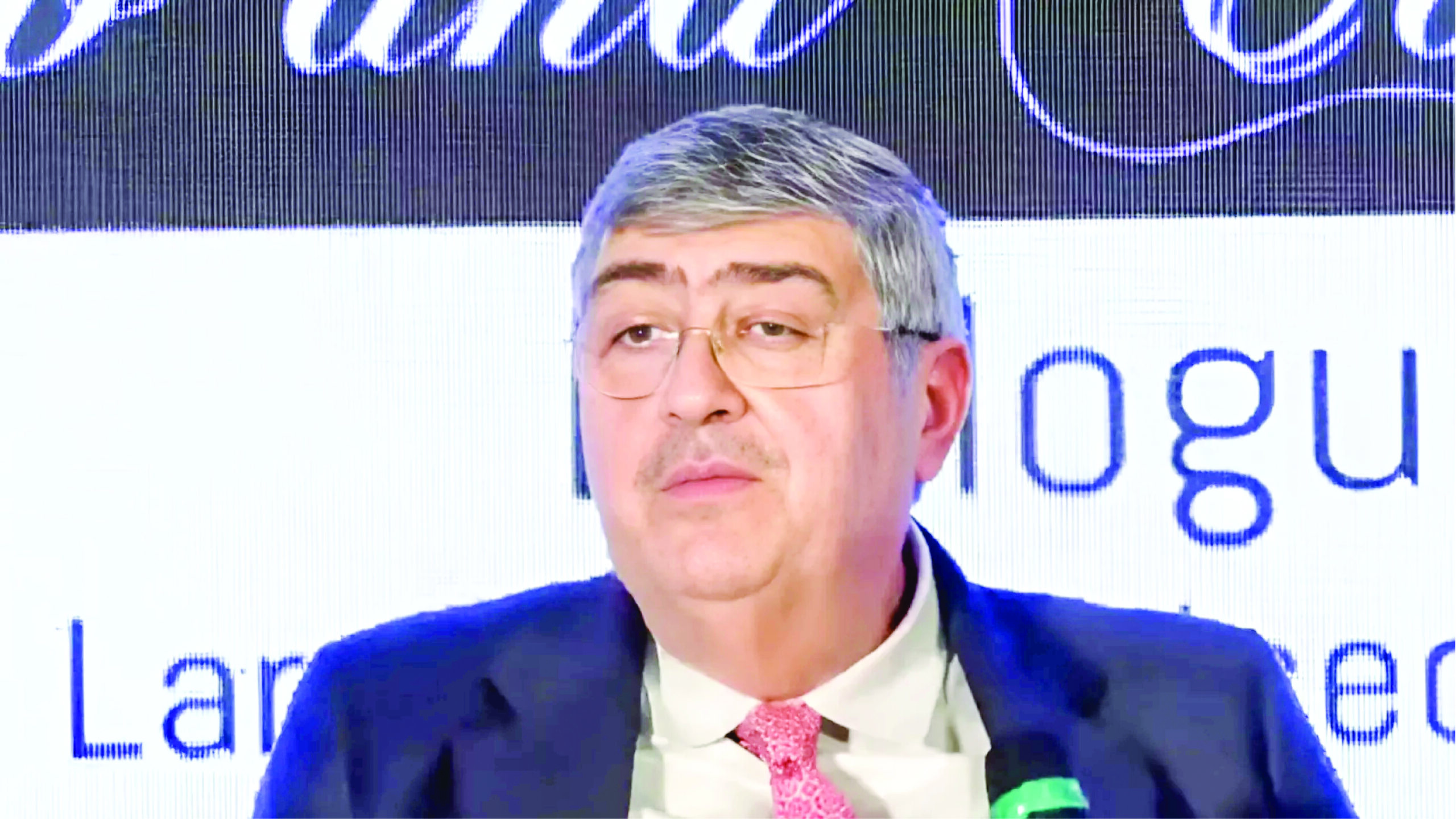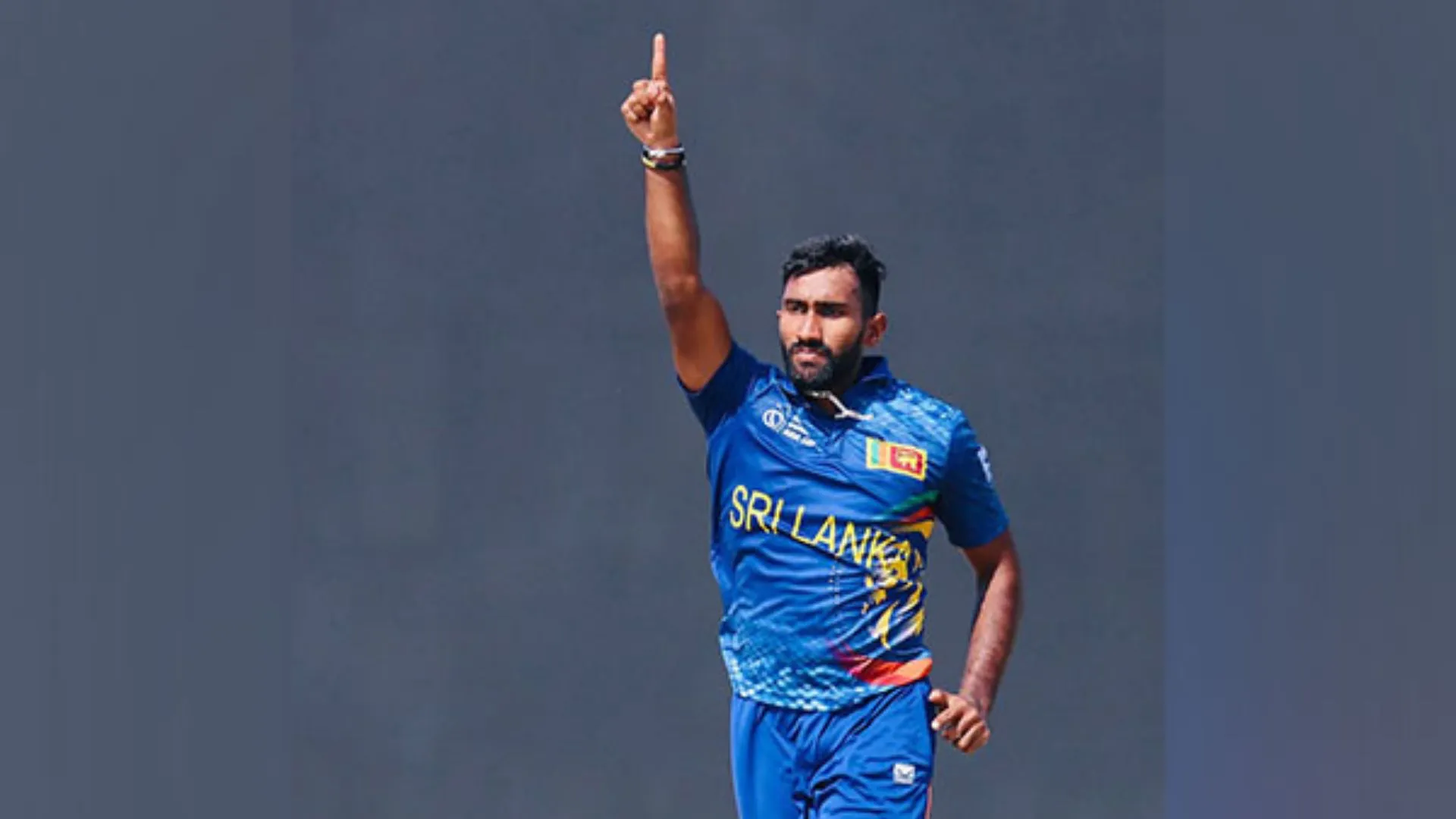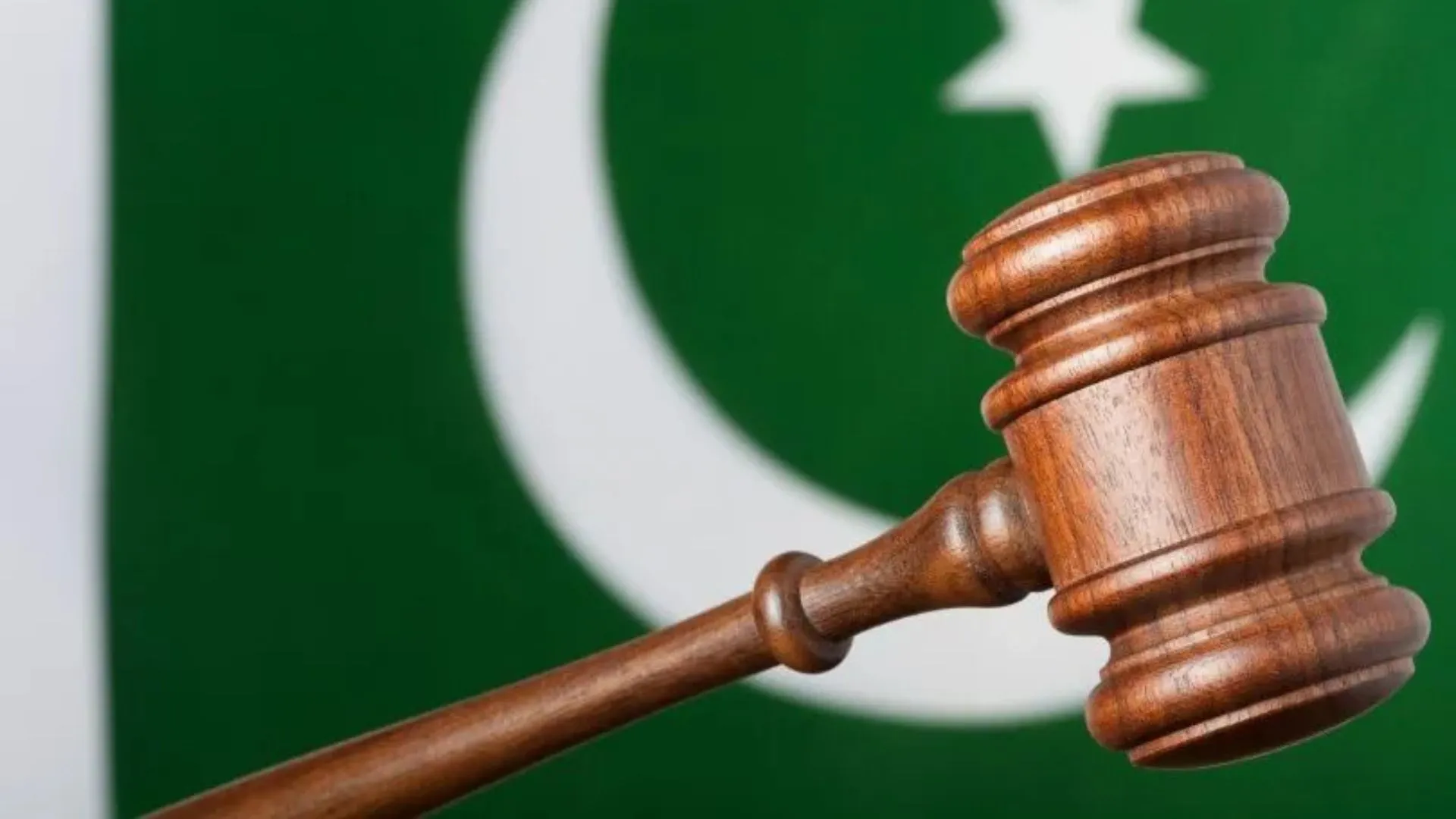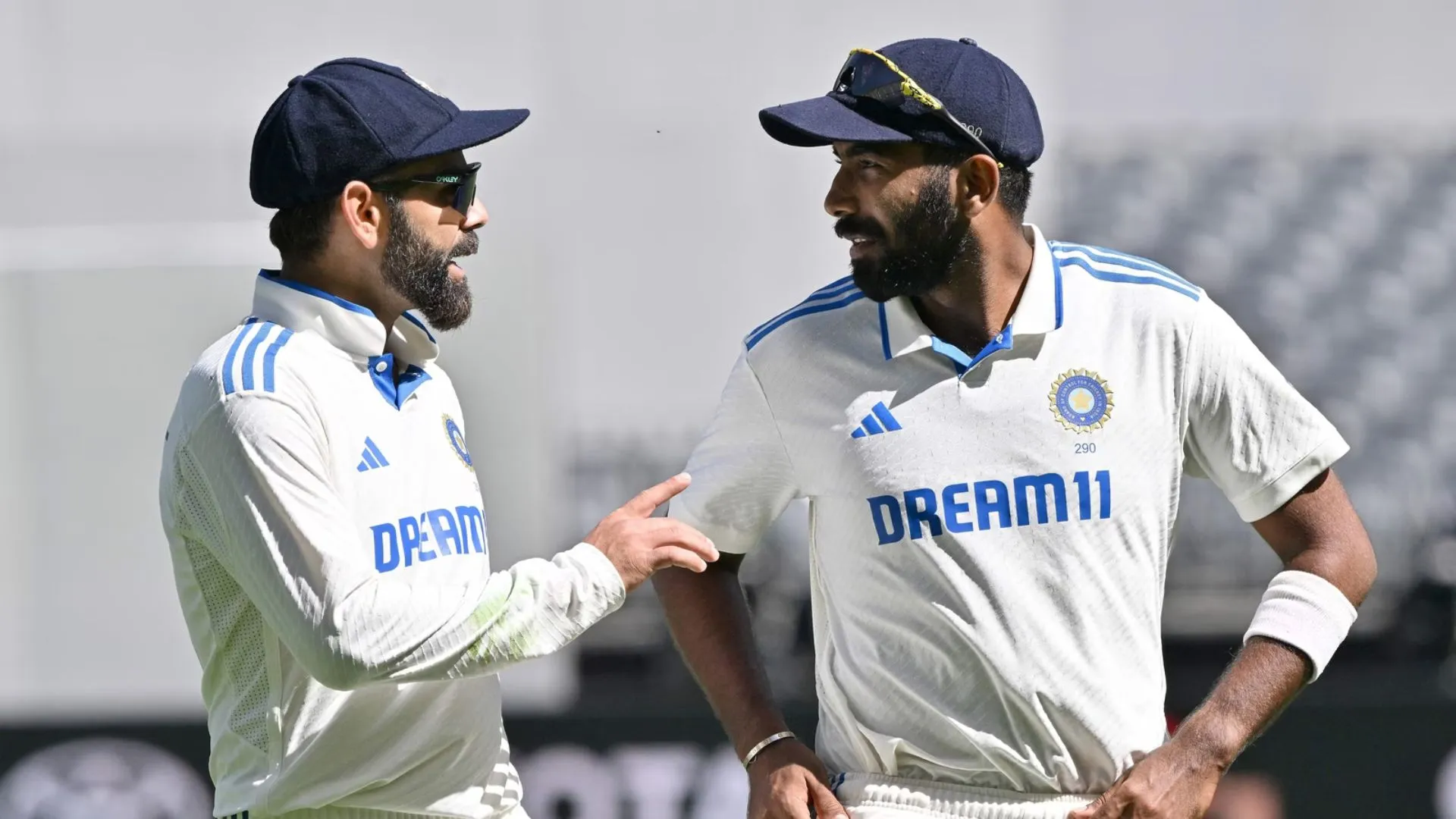In the last piece, in examining the relationship between constitutional morality and public morality, this author had raised the following questions:
‘Given that public morality gives recognition to societal norms and is therefore meant to foster moral diversity, would it not be fair to contend that constitutional morality lies in recognizing the moral diversity enabled by public morality? Would it not follow that synonymizing public morality with a judicially-fashioned version of constitutional morality would lead to undermining the constitutional mandate of moral diversity? Importantly, in the context of a diverse society such as Bharat, what would constitute the basket of accepted societal norms in order for it to rise to the level of public morality?”
Before addressing the above enumerated questions and those which flow from them or are subsumed in them, it is important to ask a much more fundamental question of power- under the Constitution, who has the power to invoke “public morality” to limit the scope of fundamental rights under Articles 19(1)(a), 19(1)(c), 25(1) and 26? Articles 19(2), 19(4), 25(1) and 26 make it either expressly or otherwise clear that the power to limit such fundamental rights citing public morality is vested in “the State”.
Is “the State” defined in the Constitution? Yes. Article 12 states that unless the context of Part III (Fundamental Rights) of the Constitution otherwise requires, “the State” includes the Government and Parliament of India, and the Government and the Legislature of each of the States and all local or other authorities within the territory of India or under the control of India.
Is the Judiciary part of “the State” under Article 12? While there exists a significant amount of debate around this question, the Supreme Court has held that Courts are not “State” when they exercise judicial functions, but may attract the definition in the exercise of non-judicial or administrative functions.
What this means for the discussion at hand is that, for the purposes of imposing reasonable restrictions on fundamental rights available under Articles 19(1)(a), 19(1)(c), 25(1) and 26 citing “public morality” or “public heath” or “public decency” or “public order”, the judiciary does not fall within the definition of State. That power is exclusively available to the Executive and the Legislature, which constitute the State. This position is consistent with the history of the drafting of the Constitution on availability of (a) fundamental rights, and (b) constitutional remedies against the State to enforce fundamental rights through Courts of law either under Articles 32 or 226.
Ergo:
1. Given that the Executive and the Legislature have elected members and are therefore presumed to represent the will of the people, the Constitution gives them the right to impose reasonable limits on fundamental rights citing, among other things, the preservation or protection of “public morality”;
2. It follows that “public morality”, as used in the Constitution, has a specific meaning and role assigned to it, and is not to be conflated or synonymized with “constitutional morality”.
Obviously, limiting fundamental rights on the basis of “public morality” is rife with subjectivity since every dispensation/government may have its own definition of public morality which caters to its core vote base. However, this is the very nature of democracy since every elected dispensation has the right and the mandate to implement its version of public morals. Then what prevents any elected dispensation from arbitrarily curbing fundamental freedoms in the name of public order, health or morality or decency?
The oft-cited checks and balances lie in the procedural, substantive and institutional safeguards which are contained in or are read into the Constitution by the judiciary, which act as limiting agents to prevent Executive or Legislative arbitrariness. As stated earlier, when the State arbitrarily or summarily invokes public morality to curb fundamental rights, that is the point when the role of the judiciary becomes relevant i.e. when an aggrieved person challenges the State’s action in a writ petition on the ground that the restriction imposed on her fundamental rights in the name of public morality is either procedurally or substantively unreasonable or is violative of other provisions of the Constitution. It is at this juncture that the judiciary steps in to examine whether the State’s conduct passes muster on the anvils of the Constitution, which may be restated as testing State action against the mandate of the Constitution or the values of the Constitution as expressed through its provisions a.k.a constitutional morality.
What emerges from this is that “constitutional morality” may be applied by the judiciary to assess the reasonableness of State action which is ostensibly based on public morality. However, in doing so, the distinction between constitutional morality and public morality must still be maintained. Critically, the role of the former, it could be argued, is limited to identifying the bright red lines that the State must act within even when it invokes a valid restriction on fundamental freedoms such as public morality. That said, in applying constitutional morality to evaluate State action, the judiciary must be able to identify those provisions of the constitution whose underlying message or spirit is violated by State action. After all, constitutional morality cannot be a vague doctrine in the hands of an unelected body which has the effect of taking away the State’s constitutionally recognized powers to invoke public morality as a valid limitation on fundamental rights. In the absence of clarity and restraint, the application of constitutional morality would, in fact, lead to:
- a monochromatic moral universe which defeats the Constitution’s express and original intent of allowing the State to rely on public morality to reasonably limit fundamental freedoms. This equally violates the doctrine of separation of powers which requires the Legislature, the Executive and the Judiciary to respect each other’s constitutionally recognized turfs; and
- arrogation of power in the hands of an unelected body which takes upon itself the task of fashioning public morality in the name of resisting majoritarianism;
The most disturbing consequence of the untrammeled use of constitutional morality by Courts would be that the role and the say of the society in laying down what constitutes public morality would stand completely ceded to a body which does not represent the will of the people and is a law unto itself on most matters relating to it. To claim that “the constitutional order/morality requires institutional leadership of constitutional courts” and “the responsive participation of the citizenry” is tantamount to saying that public morality flows from the Supreme Court and citizens merely “participate” by complying with the judiciary’s definition of morality, instead of the Court acting only as a check on the State’s arbitrary use of public morality. “Compliant participation” sounds like an oxymoron no matter how eloquently it is couched and postulated.
To claim that “the Supreme Court cannot afford to denude itself of its leadership as an institution in expounding constitutional values” since “any loss of its authority will imperil democracy itself”, is to instill and encourage in the public a general distrust of the Legislature and the Executive. It could be argued that this goes against the very republican character of the Constitution as well as the power of the State to enforce public morality through law, which is the very essence of democratic power. To dub and reduce this to “majoritarianism” is to impute negative connotations to the concept and consequence of democracy itself. After all, the Constitution is not meant to prevent the society from making moral progress through trial and error, which is not just the right of a sovereign society but is also consistent with social evolution. In a nutshell, no version of constitutional morality can take away the society’s right to experiment with its morals. On the contrary, neither transformative constitutionalism nor constitutional morality can be applied as top-down doctrines. They must necessarily be informed by the chaotic movement of the society, even if it is not to the liking of any institution, in particular an unelected institution.
While the Constitution certainly accords to the judiciary the role of its watchdog, surely it cannot be anyone’s case that constitutional morality requires an unelected and autonomous organ to encourage the public to put stock in the notion that some organs are more trustworthy than the other under the Constitutional framework. After all, the history of every organ is in the public domain for members of the society to draw their own conclusions about their respective commitment to constitutional values.
The pith and marrow of this discussion is that constitutional morality may be invoked on the basis of the provisions of the Constitution to question the conduct of the State and to identify the metes and bounds within which the State must operate. However, it cannot be used to emasculate the discretion and prerogative constitutionally vested in the State to define public morality by virtue of it being an elected body. In the next few pieces, this author will explore the following aspects of the same issue:
- the use of public morality in other jurisdictions to curb fundamental rights, and its treatment by their judiciaries;
- the relationship between judicial autonomy, independence, accountability and their impact on public morality; and
- the contours of public morality in the context of a diverse society such as Bharat.
J. Sai Deepak is an Advocate practising as an arguing counsel before the Supreme Court of India and the High Court of Delhi.

